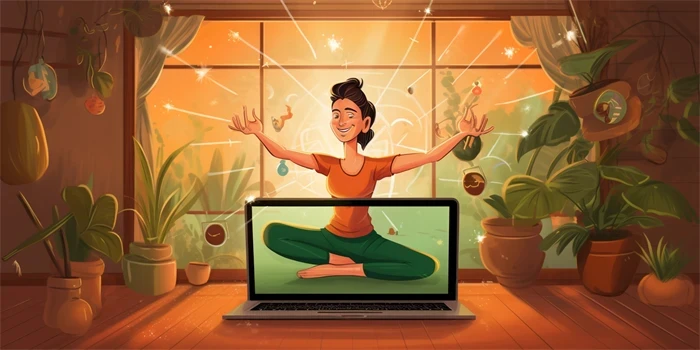YouTube has become a vital platform for DJs to showcase their talent and gain recognition. While it offers a vast audience and exposure, many people wonder how DJs actually make money on YouTube. In this article, we will explore various revenue streams available to DJs on the platform.

1. YouTube Partner Program
Through the YouTube Partner Program, DJs can monetize their videos by allowing ads to be displayed. They earn a percentage of the revenue generated from these ads, based on factors like video views, engagement, and demographics of the audience.
Moreover, YouTube offers content creators the opportunity to become members of its premium subscription service, YouTube Premium. DJs receive a portion of the subscription fee paid by users who watch their videos.
2. Sponsorships and Brand Deals
DJs often collaborate with brands looking to reach their music-loving audience. They may create sponsored content by incorporating products into their videos, mentioning brands in their descriptions or shout-outs during live streams, or even wearing branded merchandise during performances.
These brand partnerships can be highly lucrative, providing DJs with financial support and exposure to a broader audience.
3. Merchandise Sales
YouTube allows DJs to promote and sell their merchandise directly through the platform. DJs can create and sell branded clothing, accessories, and other products linked to their channel or music. This helps DJs monetize their loyal fan base and further establish their brand.
4. Affiliate Marketing
DJs can earn money through affiliate marketing by sharing links to products and services they recommend. When viewers click on these links and make a purchase, the DJ earns a commission. This form of passive income rewards DJs for their influence and ability to drive sales.
5. Live Performances and Events
YouTube acts as a promotional tool for DJs, attracting potential clients and gig opportunities. DJs can leverage their YouTube following to secure paid live performances at clubs, festivals, and private events. These performances often come with significant financial compensation.
Additionally, DJs can organize their own events or tours and promote them through their YouTube channel. Ticket sales, merchandise, and sponsorships contribute to their overall revenue.
6. Patreon and Fan Donations
Patreon allows DJs to set up subscription-based memberships or receive direct donations from fans who appreciate their content. Fans can receive exclusive access, behind-the-scenes content, or personalized perks in return for their support.
Furthermore, DJs can use features like YouTube’s Super Chat, Super Stickers, or Super Thanks, where fans can make one-time monetary contributions during live streams or video premieres.
7. Music Sales and Streaming Platforms
DJs can utilize YouTube to drive sales or streams on other music platforms, such as iTunes, Spotify, or Bandcamp. By directing viewers to their music on these platforms, DJs earn royalties each time their tracks are played or purchased.
8. Crowdfunding and Kickstarter
YouTube provides a platform for DJs to present their ideas or upcoming projects to their audience. DJs can seek financial support through crowdfunding platforms like Kickstarter or GoFundMe, enabling fans to contribute financially and help bring their creative ventures to life.
9. Mixes and DJ Services
Some DJs offer mixtapes, curated playlists, or DJ services for a fee. YouTube serves as a gateway for DJs to promote their mixtapes and gain exposure to a wider audience. As their popularity grows, they can then charge for their services, such as live DJ sets, remixes, or producing music for other artists.
10. Licensing and Syncing
DJs can monetize their music by licensing it for use in commercials, TV shows, films, video games, or other media. YouTube can act as a showcase for their original tracks, making it easier for potential licensees to discover their work.
Conclusion
DJs can generate income on YouTube through a multitude of revenue streams. By combining ad revenue, sponsorships, merchandise sales, live performances, donations, music sales, and licensing opportunities, DJs can establish a sustainable career while also reaching and entertaining a global audience.


